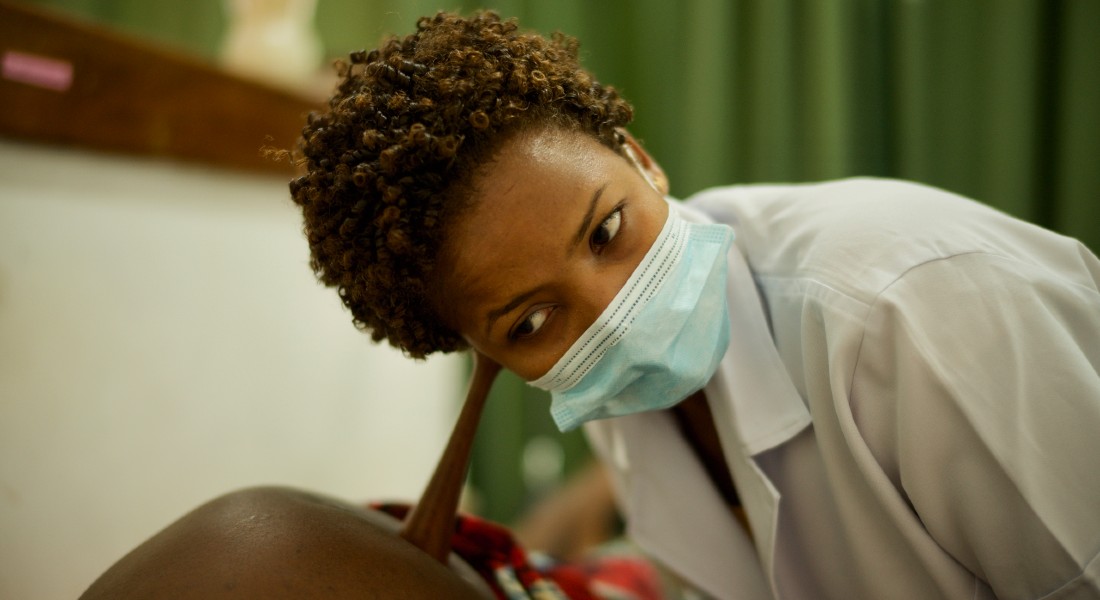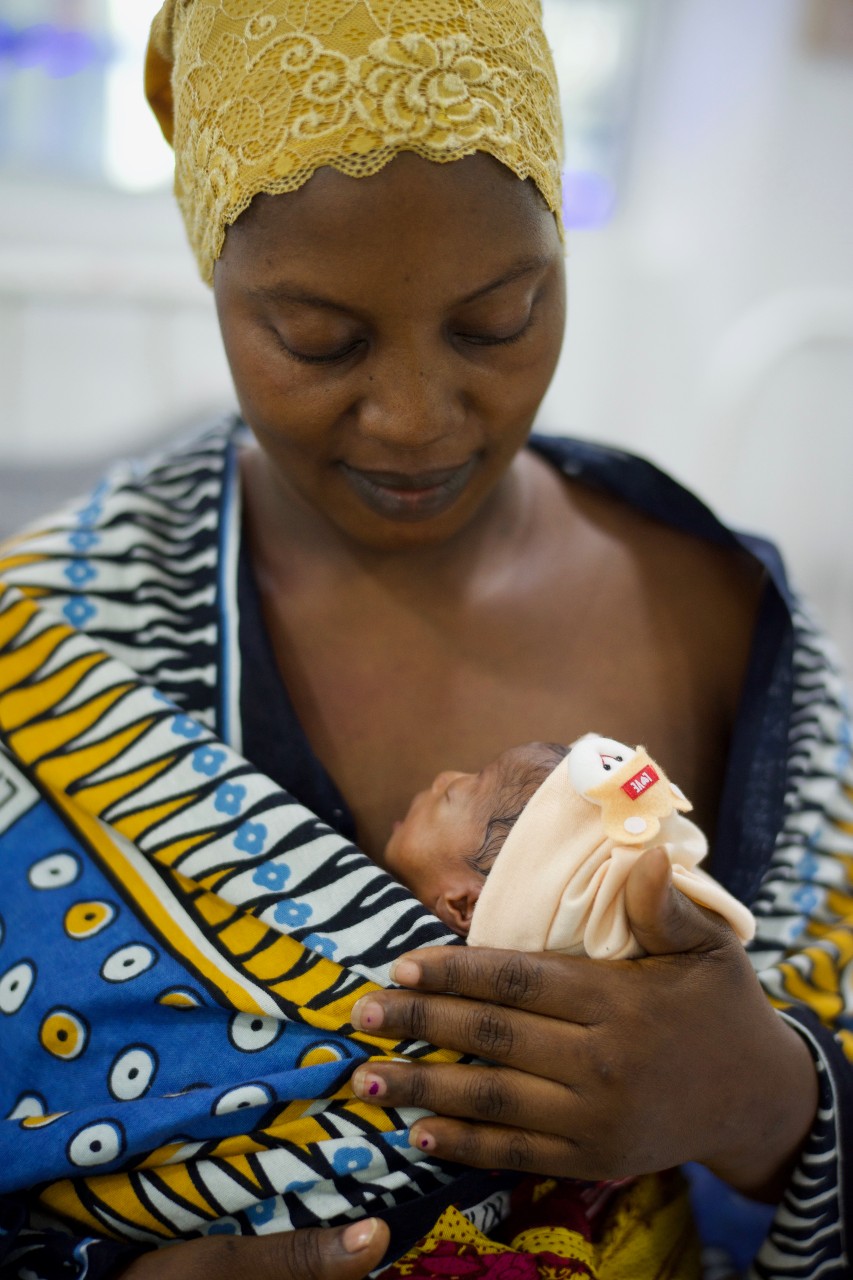1,5 million USD for improving care during pregnancy in overburdened urban health facilities in Sub-Saharan Africa
The PartoMa research team has received 10 million DKK (1,5 million USD) from Danida Fellowship Centre to support 5 additional years of research to explore the reality of health providers and pregnant women in overburdened urban health facilities in Sub-Saharan Africa.

The New Year came with good news for the PartoMa research team. With a new grant of 10 million DKK (approximately 1,5 million USD) from Danida Fellowship Centre, the team is able to continue their exploration of the reality of health providers and pregnant women and improving quality of care in overburdened urban health facilities in Sub-Saharan Africa.
Let by Dan Meyrowitsch, Nanna Maaløe and Natasha Housseine, their co-creation and implementation research will now extend from childbirth to the entire course of pregnancy - from a positive pregnancy test till after birth.
In Tanzania’s fast growing urban centres, it is now potentially more risky for a woman and her baby to undergo pregnancy and birth than in Tanzania’s rural settings.
As Nanna Maaløe explains: The world’s proportion of births occurring in cities is increasing rapidly. In Tanzania’s fast growing urban centres, it is now potentially more risky for a woman and her baby to undergo pregnancy and birth than in Tanzania’s rural settings. This trend towards an urban disadvantage is also reported in other resource-constrained cities. Adding to the challenge, the metropoles with the highest urban risks in maternal and newborn care are simultaneously exposed to the most severe consequences of climate change."

In 2014, Nanna Maaløe and Natasha Housseine were co-founders of the first PartoMa intervention at Zanzibar's tertiary hospital. Clinical guidelines for childbirth care and associated in-house training were co-created with Zanzibari health providers and before-and-after data showed promising changes in quality of care and birth outcomes. With funding from Danida Fellowship Centre, this Zanzibari pilot study was taken to scale in Dar es Salaam in 2021, and the PartoMa research team is currently analyzing evaluation data. Preliminary findings show promising engagement and use among the overburdened birth attendants who often simultaneously assist 3-5 women in childbirth.
With the new CC-ANC study, the team hope to empower pregnant women, their families and their health providers with integrated knowledge and skills related to surveillance, prevention and treatment during pregnancy. For instance, this will include early pregnancy complications, hypertension and pre-eclampsia, lifestyle and metabolic diseases during pregnancy, bleeding in late pregnancy, birth planning and future contraception counselling.
Key colleagues on the CC-ANC study team include the national team leader in Tanzania, Hussein Kidanto, as well as Morten Skovdal, Jane Brandt Sørensen, Monica Lauridsen Kujabi, Thomas van den Akker, Haika Osaki, Brenda Sequira D’mello, Matthew Chersich and Sangeeta Mookherji.
Contact
Dan Wolf Meyrowitsch
+45 35327174
dame@sund.ku.dk
